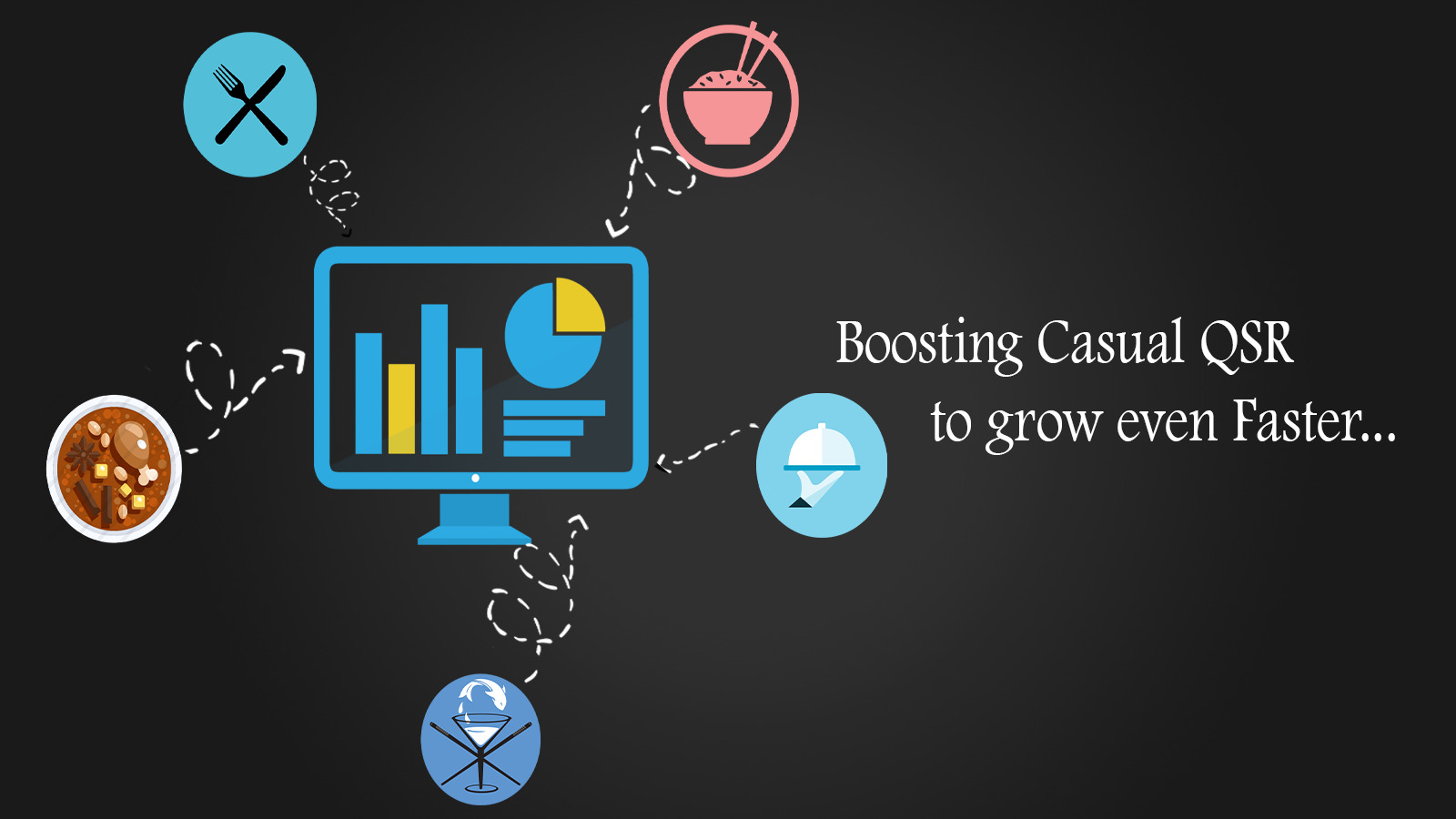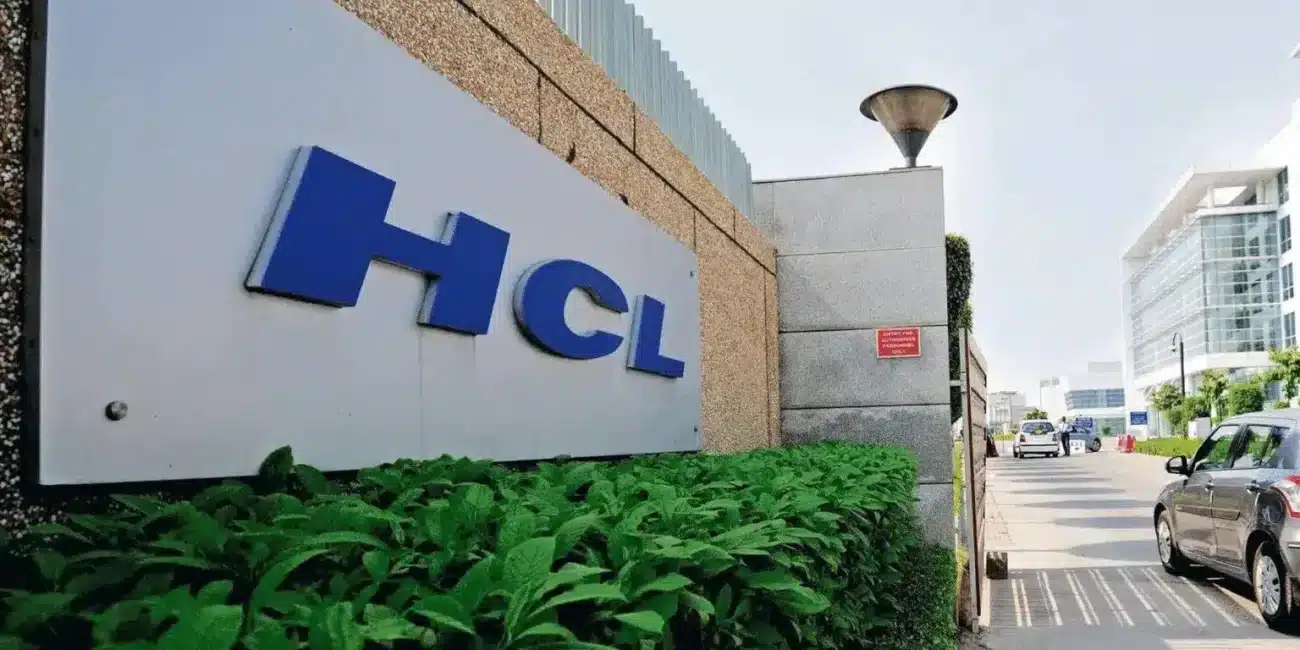Quick service restaurant (QSR) offers food items that require minimal preparation time and are delivered through quick services. Typically, a quick-service restaurant caters to fast food items over a limited menu as they can be cooked in lesser time with a minimum possible variation. As a result, QSRs have been one of the highest revenue-generating verticals in the food & beverages industry.
We choose a few problems which can be solved by analytics and can help the QSR chains to create more revenue.
Creating Better Food Combinations
Increase restaurant revenue by providing better food combinations in restaurant menus, which can dynamically change according to seasons, demand and inventory. We can also improve the customer experience by providing personalized recommendations to specific customers based on their previous restaurant orders and providing loyalty points or discounts based on their purchase frequency and for new customers by using a recommendation system, and different kitchens can be recommended to increase customer experience. Restaurants have issues with giving saleable framing combos to their customers. This is because the combos are not optimized and are given in menu cards. However, people prefer individual dishes over combos as they feel combos are either designed for excess items or insufficient items. Alongside, the variety of combos are also generally less. Therefore, we will frame the best combos and increase their customer experience.
Analytics Problem
The business wants to identify their best combos for customers, resulting in a decrease in cost per plate and increasing revenue and customer satisfaction from a business perspective. Therefore, it is required to find the best association of items available in the QSR with complete sales data. Based on the past consumers’ data, personalized combos are created using affinity analysis. Therefore, one should find the best association of items from the individual customer’s past data. The customized combos will make the customer experience better and also would increase the revenue for the business.
Data
We will use all past customer records.
Modelling
Apriori is tabular-based and involves more computation time as it has to be tabulated across all possible rules of the association, and the space consumed by it is also too high.
Algorithm
FPGrowth will give a Tree the computation time is also less, space consumed is less, and also calculation metrics is pretty easy as the visualization is a tree-like structure.
- We will use association rules to find the support of each dish in the QSR. We will have a threshold for support upon which we can find the best possible item that can go together for the dish crossing the threshold. We will use Lift measure on items for framing combos.
- We will use their past data to calculate the confidence or Lift metric for existing customers and frame the best combos. In our scenario, both give better results on R & D. We suggest FPGrowthTree better over Apriori.
Evaluation metrics
There are some evaluation metrics for framing good combos – Lift and Confidence.
Inventory Management
Every product or raw material has its own shelf life, so the restaurant has to keep an eye on inventory to effectively use the fresh stock and restock it in time to meet the demands required for the food preparation. Therefore, we will build an inventory alert system that notifies the management about the stock refilling and maintenance. Quick service restaurants have been facing many challenges managing inventory and reducing waste. In fact, improper inventory management leads to wastage of raw materials and excess purchase or dump of inventory; thus, we will end up with financial challenges like cash flow of payments biweekly or weekly.
Analytics Problem
Our analytical approach to solving this inventory management is by estimating the consumption of each ingredient based on the previous six months or yearly daily data so that we will compare the consumption to inventory and generate purchase orders(Po’s). So since we are estimating the consumption of each ingredient, it falls under the regression problem.
Modelling
We are using a linear regression model to predict the consumption of each ingredient on a daily/biweekly/weekly basis. We have models separately for Daily/Biweekly/Weekly Data Structure. We have past data as Daily POS Data for 6months or yearly; here, the independent variable is time (Day/BiWeekly/Weekly) and try to predict the consumption of each ingredient, which is our target variable. We are trying to generate the best-fitting regression line and try to predict the consumption of each ingredient.
Waste Reduction
Wastage reduction is also a daily challenge in quick-service restaurants if prepared food is not going to sell before getting spoiled, which leads to huge revenue loss.
Analytics Problem
Our analytical approach to solving this waste management is by estimating the consumption of each dish based on the previous six months or yearly data Modeling: We are identifying this as a regression problem where we are trying to estimate the quantity of food(dishes) to be cooked for a day. Here we are using a Linear Regression model to estimate the quantity of food against time (Daily) by the regression line.
Evaluation Metrics for Regression Problem
There are some metrics for regression to evaluate the model: Root Mean Square Error (RMSE)
Summary
The Current QSR food chains in India have not been using analytics as widely as the other western QSR giants. In this research, we have found few traits on how analytics keeps them on top of the Leaderboard. If they use analytics, they will be even more successful. Customers tend to show a variety-seeking behaviour in terms of outlets and variety of food. This has created a large potential. The industry is also growing rapidly, with some of the formats growing at more than 20% per annum. Applying few traits to medium and small scale QSRs can make them survive and expand their business.
______________________________________
Group Details:
Pursuing Post Graduate Program in Data Science at Praxis Business School, Jan 2021 batch. Certified NASSCOM technology Explorer, enthusiastic learner of IoT, Machine Learning and Artificial Intelligence. |
Koushik is a student of the Post Graduate Program in Data Science at Praxis Business School, Jan 2021 batch. He has completed his graduation in Computer Science and Engineering from RMK College of Engineering and Technology in the year 2019. He has 18 months of experience in Cognizant Technology and Solutions as a Programmer Analyst. |
Mansoor is a student of the Post Graduate Program in Data Science at Praxis Business School, Jan 2021 Batch. He has completed his graduation in Electronics & Communication Engineering from Avanthi Institute of Engineering & Technology. He has also worked as a Data Science Intern at Widhya. |
Kaushik is a student of the Post Graduate Program in Data Science at Praxis Business School, Jan 2021 batch. He has completed his graduation in Computer Science and Engineering from SRM Institute of Science and Technology in the year 2019. He has 20 months of experience in Cognizant Technology and Solutions as a Programmer Analyst. |













































































